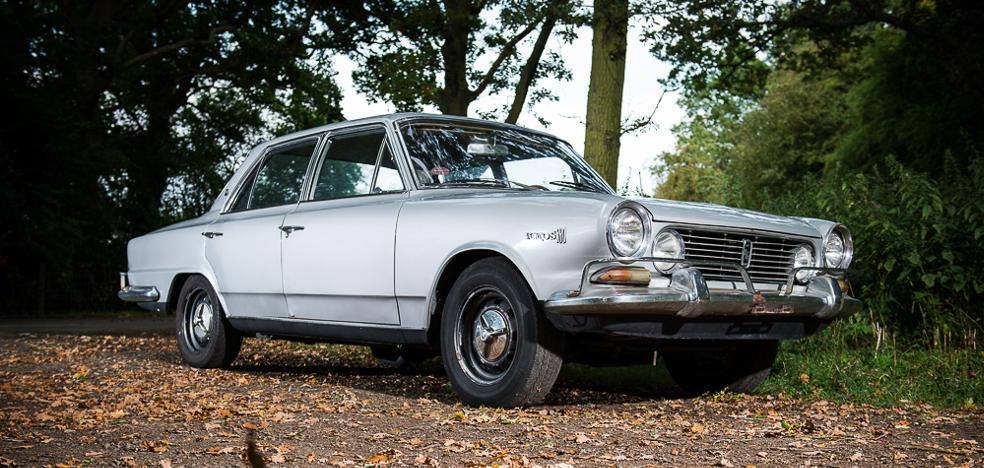Winter testing of the prototype will take place in northern Japan
Convinced that it is still too early to focus on a single zero-emission solution, Toyota is simultaneously developing fuel cell, hydrogen combustion and battery electric technologies.
This multi-technology strategy – encompassing battery electric, fuel cell electric, plug-in hybrid and hybrid electric vehicles – enables Toyota customers in more than 170 countries and regions around the world to reduce their carbon footprint today. the environment they are in and their daily needs.
This year Toyota participated,
through the Rookie Racing team, in any Japanese Super Taikyu series endurance race with a hydrogen combustion GR Corolla H2. During this time, Toyota president Akio Toyoda, under his pseudonym ‘Morizo’, sat behind the wheel of every race to contribute to evaluation and development.
Outside Japan, in August this year,
a hydrogen vehicle Toyota took to European public roads for the first time, testing the GR Yaris H2 during World Rally Championship (WRC) testing in Ypres (Belgium).
This constancy and intensity of automotive activity helped accelerate development and technical progress. For example, over the course of one season of the Super Taikyu series, Toyota has managed to increase hydrogen combustion power by 24% and torque by 33%, which represents a performance comparable to that of a conventional petrol engine. engine.
On the other hand,
autonomy is increased about 30% and the refueling time has been reduced from about five minutes to one and a half minutes. In addition to using hydrogen, Toyota is working with multiple partners in areas such as the production and transportation of green hydrogen, using the demanding environment of motorsport as a test bed and building a broad network of contacts beyond the boundaries of the industry contribute to the achievement of a carbon neutral society.
This technological advancement has given Toyota engineers the confidence to create a concept vehicle for the road: the Corolla Cross H2 Concept.
By equipping the GR Corolla’s 1.6-liter, three-cylinder turbocharged engine with high-pressure direct hydrogen injection powertrain technology borrowed from the automotive industry.
installation of the Mirai’s hydrogen tank, Toyota has succeeded in developing a hydrogen-based Corolla Cross H2 prototype that can carry five passengers and their luggage. Real-world evaluations are currently underway as digital development continues, and the vehicle will soon begin winter testing in northern Japan.
Among other highlights,
hydrogen combustion it is characterized by the ability to take advantage of existing internal combustion technologies, the speed of refueling and the marked decrease in use and the need for scarce elements such as lithium and nickel. By adapting current technologies and leveraging existing investments, hydrogen combustion can lead to more accessible, widespread and rapid carbon reduction.
Toyota has gone about 40% of the way to bringing products like the Corolla Cross H2 Concept to market. It is still too early to say that the technology will be mature enough to be included
road modelsbut it certainly presents a clear opportunity in motorsport.
Source: La Verdad
I am Ida Scott, a journalist and content author with a passion for uncovering the truth. I have been writing professionally for Today Times Live since 2020 and specialize in political news. My career began when I was just 17; I had already developed a knack for research and an eye for detail which made me stand out from my peers.



